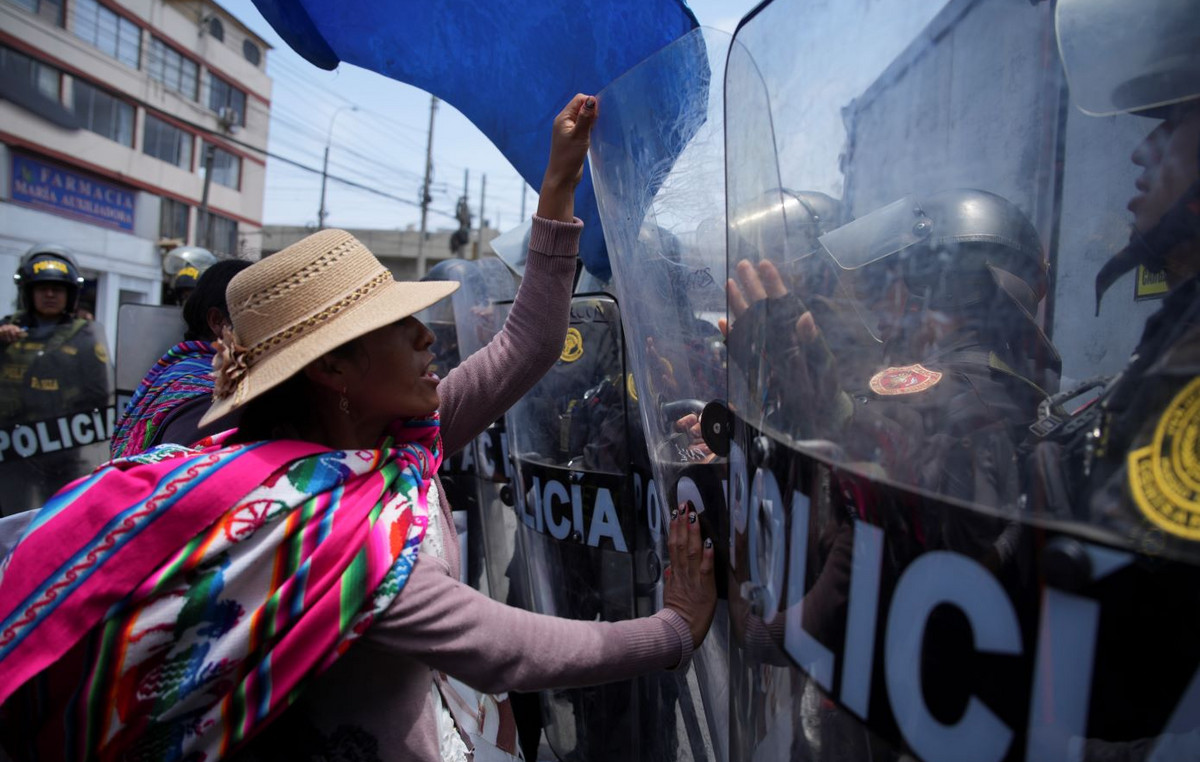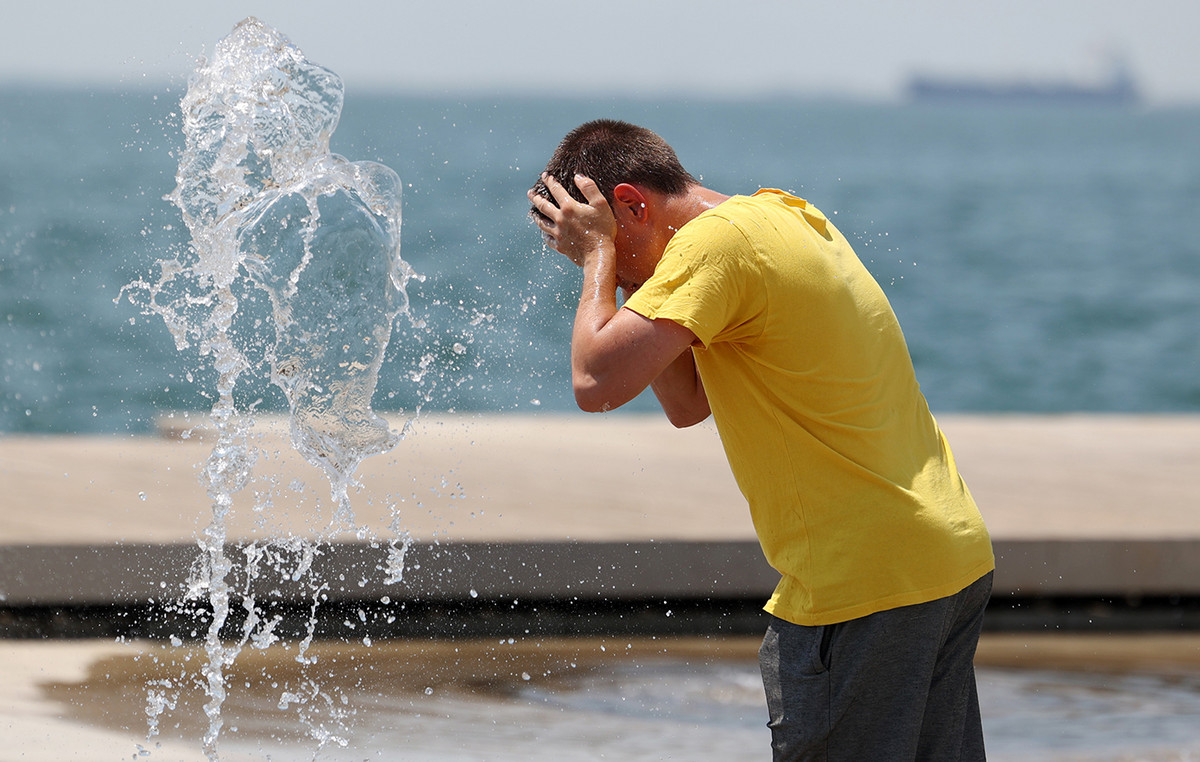Warning: this article contains spoilers.
There are two timelines. The one we live in. And that, instead, of Gomorrah – the series. In our present things happen: there is a before, there is a now and surely there will be an after. In the present of Gomorrah, on the other hand, time is not a real line: but a circle. And in this circle, events tend to repeat themselves. Like the steps in a waltz.
In the first episode of the last season – broadcast on Sky every Friday, and available on NOW and on demand – we start again from the end: from Genny, played by Salvatore Esposito, forced to hide underground and by the pain of the Levante family. The theme is always the same: the struggle for power. And now the struggle for survival is added. There is the renunciation and suffering that have accompanied all of the characters over the years Gomorrah. There is the vision of the boss, Genny Savastano, and there is the suspension of a world in half: corrupt, teeming, full of dreams and fatigue, unable to find its own normality. And then: fathers who hate their children; children who want to kill their fathers; the change that is never gradual, but always abrupt and upsetting.
‘O Maestrale, played by Domenico Borrelli, is the new lieutenant of Savastano: he is his eyes and ears, and he is his representative in the criminal universe of Naples. When someone wants to talk to Genny, they talk to him. And so, right at the end of the first episode, there is a meeting: the old blood finds the new blood; and the ancient system, what it has always been, the rigid, decisive one, with rules and limits to be respected, collides with the modern system: more violent and ferocious, without compromises and middle ground. Vince Savastano and discovers that Ciro Di Marzo (Marco D’Amore) is still alive. And it is from this starting point, then, that the second episode starts.
Genny sets out on the trail of Ciro, and when he finds him, when they finally hug again, he decides to imprison him, to make him suffer: I thought I had killed a brother, he says, and instead you are still here; you must feel my own pain, because you abandoned me and didn’t help me when I needed you. In short, what could have been a moment of reconciliation becomes the trigger for a new revenge: there is neither peace nor truce; the errors of others are answered with an iron fist; and the loss is answered with more pain.
From Naples we move back to Eastern Europe, and from Eastern Europe, then, we return to Naples. This too, in some ways, is a cycle. The criminal world of Gomorrah it does not exist only in Italy, but it is universal: it reaches any place. Touch anything, and it corrupts, kills, destroys. The first two episodes are directed by Marco D’Amore and are incredibly balanced: they know how to find the right rhythm. First the introductions and the strategy, and then the action, the chases and the fear of being found. Frenzy and calculus, head and belly.
Power, in Gomorrah, it has always been a curse and never a reward: the one who commands is the one who loses the most. And in fact Genny cannot see his family again: he cannot see Azzurra again, played by Ivana Lotito, and he cannot see his son again. He hides even if he’s in charge. And he’s in charge even though all the other bosses and all the other families hate him. And when there is no longer a real rival, someone ready and able to stand up, it is friends who become enemies, and suddenly a new game of slaughter begins.
In Gomorrah different realities and dimensions coexist. There is that of Genny and Ciro, who are, in fact, the two faces of this series; but there is also the most silent and suffering one, due to the loss of parents, of the Levante (very good Claudia Tranchese, who plays Grazia). They are weakened, but they can still be a threat. And this is perhaps one of the most interesting elements of this last season: nothing is as it seems, and until the end there is no real certainty.
Gomorrah revolutionized the Italian small screen. He showed another way. The characters, as in a Shakespearean work, are ambiguous, weak, suffering: never good, and never trivially bad. Not for this, however, are saved. In Gomorrahin fact, there is no salvation and there is no absolution. Whoever makes a mistake pays, and always pays. And the winners lose too. Small reminder for the next episodes.
.
Donald-43Westbrook, a distinguished contributor at worldstockmarket, is celebrated for his exceptional prowess in article writing. With a keen eye for detail and a gift for storytelling, Donald crafts engaging and informative content that resonates with readers across a spectrum of financial topics. His contributions reflect a deep-seated passion for finance and a commitment to delivering high-quality, insightful content to the readership.






